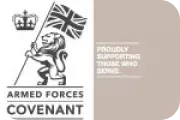The BEACON social care & parenting training model — an alternative to PACE
Course Overview
The aim of the course is to give our social care staff and primary care givers (parents, foster parents) the understanding, skills and knowledge to positively parent our looked after children and young people.
To provide them with a safe and secure environment, positively impact their self esteem and self worth, help them grow and develop into well adjusted adults, who form lasting relationships and who have the ability to problem solve so that they can live a full, fulfilling and enriched life.
The course is run across two days (9.30am—4.30pm) and the delegates will take part in self-reflection, group activities, solo activities and problem solving as part of each module.
There will be videos and interviews that may show distressing life stories
They are integral for us to understand how we are who we are as this is the basis of the BEACON model.

BEACON
The delegates will also learn how to document their and the child’s journey throughout their time in care—the work that is done with the child, outcomes (both positive and negative), achievements, social interaction, discussions and agreements so that everything is available for either when the child moves on or the governing body inspects. BUT most importantly this is a reflection tool for the care giver/parent and the child—so that the CHILD can see just how far they have come.
B
This modules focuses on the experiences of the child, including: Family, home environment, peer pressure Witnessed and learned behaviours Outward and inward behaviours Self reflection of our own experiences and our behaviours Impacts on self esteem & worth, choices & consequences
Focusing on how care givers/parents acknowledge & accept the experiences of the looked after child, but also on how to let the child express their emotions so that THEY can acknowledge & accept their experiences. Maslow’s hierarchy of needs Nurturing a safe, secure environment Working with the child to acknowledge & accept experiences How our own beliefs, experiences & behaviour influence children
It is this module that really embeds the learning and changes knowledge into action. Content includes: Opening lines of communication and the different avenues to use Language—barriers and positive language The difference between empathy, compassion & understanding and when and how to use them Negative impacts to communication Approachable, positive behaviors
Being open to discussion, challenge and change is part and parcel of life—both as an adult & child. This module focuses on: The impact of our behaviours’ on children & young people Promoting open positive, behaviours and how to express them Demonstrating positive behaviours and setting expectations/boundaries for the child Discussing how our behaviour affects ourselves and others with the child
This module focuses on how we nurture growth, development and learning for our children, which includes: Age in years versus age in experience and cognitive ability Introducing play, reading, and new experiences to nurture development Setting achievable goals/milestones and praising achievements Setting boundaries Assessing choices to make a decision Problem solving, action & consequences
Our Partners




Without a beginning we cannot see or even reach the end. Therefore, this model involves: Self-reflection of our own beginnings—family, environment, education, peers Child psychology—how the brain develops, growth vs development, forming attachments, effects of privation & deprivation, bereavement, grief & divorce Impacts on development